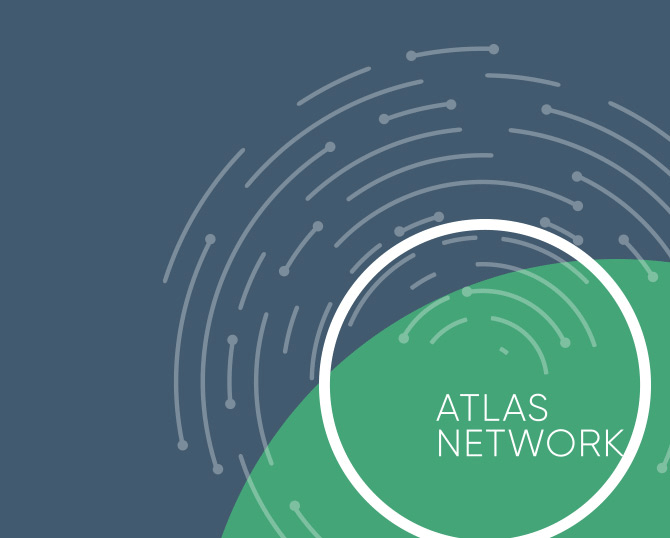
The challenge of operating a successful think tank was the focus of Atlas Network’s most recent in-person training seminar, which was held just before the Liberty International World Conference in Ulaanbaatar, Mongolia. Eleven think tank professionals from 5 countries across Central Asia met in the land of eternal blue skies to identify common organizational problems, work through potential opportunities, and gain a new perspective.
The training was hosted by Atlas Network in partnership with the Silk Road Foundation, and the goal of the two-day event was to help participants communicate the ideas of liberty, build a sense of community, and work towards winning the battle of ideas despite local challenges.
On the first day of the program, participants stepped out of their comfort zones to form fictitious think tanks, using real-world challenges that could impact success. The combination of hypothetical examples and actual problems gave these emerging leaders the chance to think critically about their own problems with marketing, fundraising, and operations.
Rhea Lyn, director of projects and administration at Foundation for Economic Freedom in the Philippines, was pleased that her peers at Mongolia’s Silk Road Foundation, Tajikistan Free Market Centre, and Central Asia Free Market Institute (CAFMI) helped bring important context to the program by sharing their own experiences. Lyn said, “Topics that stuck with me are how to effectively get your message across, and explaining the features, benefits, and meaning of your work to your stakeholders."
Another participant, Thanh Huong Nguyen of F-Group in Vietnam, also found the features, benefits, and meaning framework exercise to be useful. As a viral content developer, Nguyen understands the benefits of marketing ideas from an emotional perspective. “Spreading and communicating the idea of liberty in my place is difficult,” she pointed out, “and lessons learned from successful case studies from other think tanks enable me to take my organizations to new levels of success and impact.”
Ulaanbaatar, which means “Red Hero” in Mongolian, was renamed during the Soviet era to underscore the city’s importance as a rail hub between Moscow and Beijing. As Mongolia has transitioned to a market economy in the post-Soviet era, Atlas Network partners are working throughout the region to promote liberty and the ideas of free enterprise.
Stories of successful policy change are excellent ways to inspire emerging leaders, and instructor Mirsuljan Namazaaly of CAFMI in Kyrgyz Republic had a great story to share of CAFMI’s recent “Open Skies” reform program, which will allow a more market-based approach to domestic and international air travel. His colleague Aziza Ishmakhametova planned to share tips from the fundraising sessions with the rest of the CAFMI team.
Atlas Network’s in-person training programs are part of Atlas Leadership Academy (ALA), which provides a robust series of credit-based training opportunities that help participants sharpen their skills in management, communications, and fundraising while building free-market organizations all around the world. More information is available online.